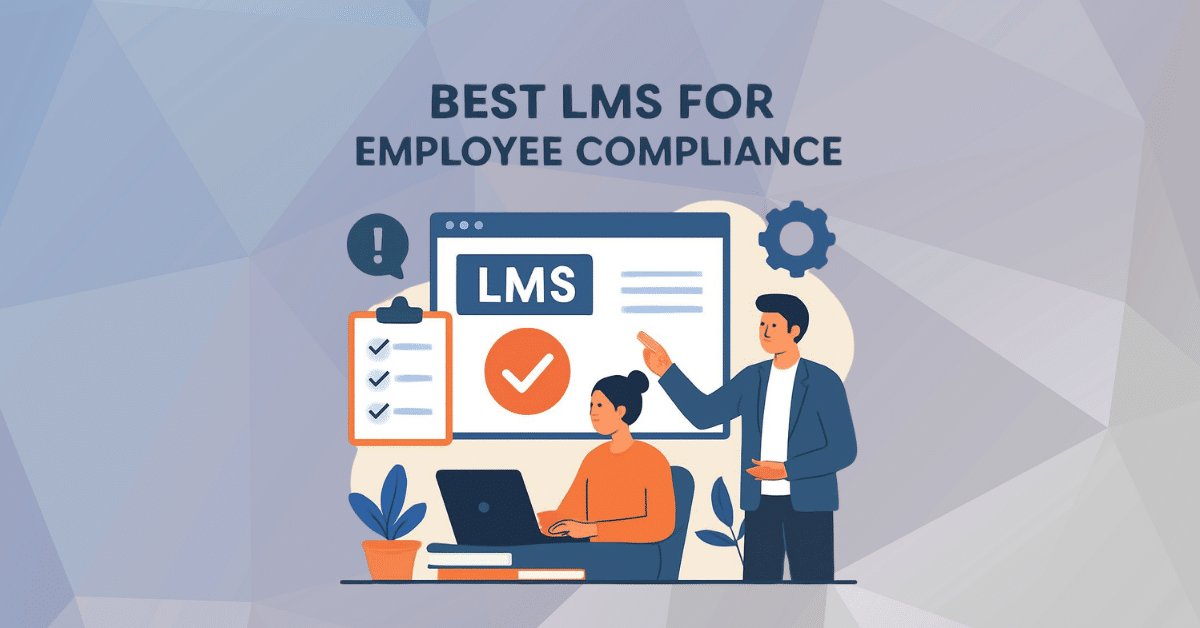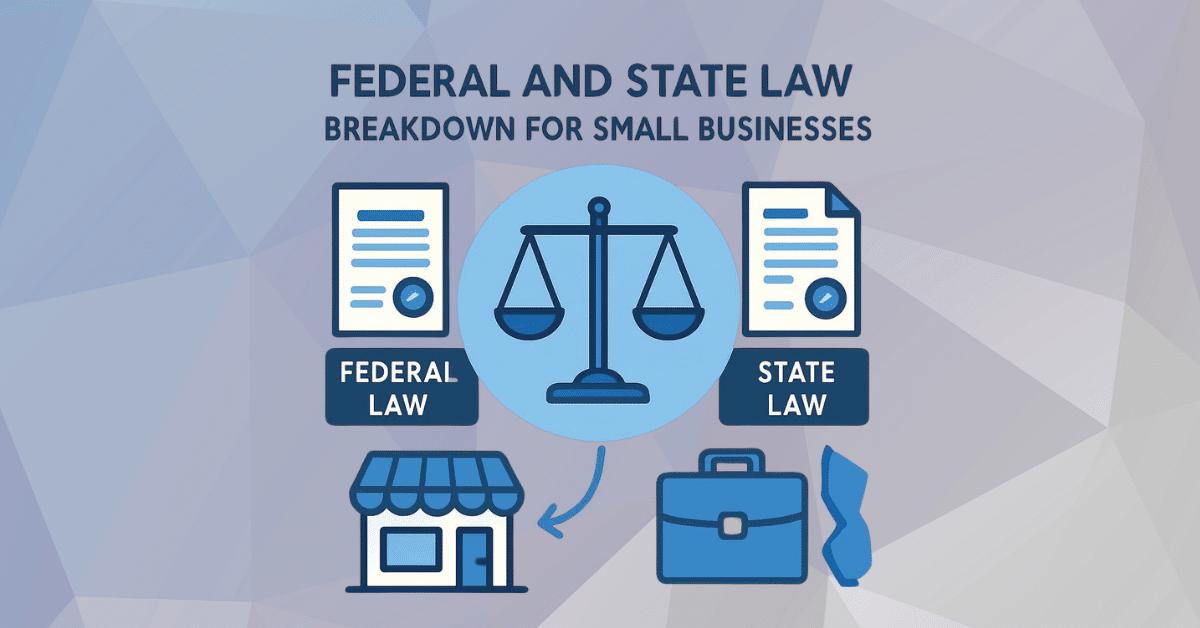A small housing provider in California once described the moment fair housing became real for her. A prospect left the office upset after a tour. The leasing agent felt confident nothing “illegal” had been said, but the email that arrived later told a different story.
The prospect felt excluded. That night, the owner lay awake replaying every word, worrying about her business, her staff, and the families who lived in her buildings.
Soon after, she required every employee to complete fair housing training and earn certification. She said it felt like handing her team a shared playbook instead of asking them to improvise when people’s homes and rights were on the line.
If you help anyone find, apply for, or keep housing, you are closer to fair housing laws than you might think. Certification turns vague concern into clear, confident practice.
When Fair Housing Becomes Real
For many professionals, fair housing begins as something in a textbook or a license course. Then a real person sits across the desk and says, “I do not think I was treated fairly.” In that instant, everything feels personal.
You were juggling calls, tours, and maintenance requests. You may have repeated something you learned at a previous job. You did not intend to harm anyone, but the other person still walked away feeling shut out or judged.
Good training connects those human moments with the rules behind them. Instead of guessing in the middle of a conversation, you have a clear framework for what to say, what to avoid, and how to respond when someone raises a concern.
Why Fair Housing Still Matters In Everyday Work
Housing shapes almost every part of daily life. It affects commute times, access to schools and jobs, and how safe people feel walking through their own front door. When bias slips into screening criteria, roommate rules, amenity policies, or casual comments, it quietly limits who gets those opportunities.
Most complaints do not start with a legal term. They begin with a pattern, tone, or sentence that makes someone feel they were treated differently. Over time, those experiences turn into formal complaints, tense meetings, and costly legal issues.
Effective training and certification help you recognize risk earlier. You become better at spotting unfair patterns, adjusting policies, and resolving concerns before they escalate.
Understanding Fair Housing Certification
At its core, Fair Housing Certification is proof that you completed a structured learning program on housing laws and practical best practices. It usually comes from a recognized provider that focuses on housing, property management, or compliance.
A typical certification course covers topics such as:
- Federal protected classes and what they mean in day-to-day decisions
- Additional protections in your state or city
- Advertising language that seems harmless but excludes people in practice
- Fair and consistent screening, waitlist, and approval practices
- Reasonable accommodation and modification requests
- Documentation habits that protect both residents and your organization
When you finish the course and pass a quiz or exam, you receive a certificate. That single page quietly supports you in hiring processes, audits, license renewals, and conversations with regulators or owners.
Who Actually Needs Fair Housing Certification?
If someone could quote your words or decisions in a complaint, you are a strong candidate for certification.
That often includes:
- Independent landlords and small property owners
- On-site managers and leasing agents
- Maintenance technicians and porters who interact with residents
- Real estate agents and brokers handling residential property
- Staff in affordable, student, or senior housing communities
- HOA and condo association board members and managers
Larger companies use certification to set a clear, consistent baseline across teams. Smaller owners use it to feel less exposed and less alone when difficult situations arise. In every setting, the goal is the same: treat people fairly while maintaining a predictable, defensible housing process.
What Makes Fair Housing Training In California Unique?
California adds its own rules and protections on top of federal law. That is why certification in this state feels different from a generic national course.
In California, housing professionals often navigate:
- Additional protected characteristics beyond the federal list
- Clear expectations around the source of income, vouchers, and subsidies
- Frequent questions about assistance animals and disability-related access
- Active local and state enforcement agencies that look for patterns
A course such as a Fair Housing California Course brings these pieces together. Instead of wondering which examples actually apply in your state, you see how California-specific laws, forms, and common scenarios show up in everyday work.
What To Expect From A California Fair Housing Course
A strong California-focused program feels more like a guided conversation than a legal lecture. Instructors or online modules walk through familiar stories: a maintenance visit that goes sideways, a tense phone call about assistance animals, or a roommate policy that seemed harmless until someone complained.
Along the way, you learn:
- Which words in ads can unintentionally exclude people
- Simple ways to explain the same screening rules to every applicant
- How to handle “gray area” requests without freezing or overreacting
- When documentation is appropriate and when it creates extra risk
- Techniques for calming tense conversations while still following policy
By the end of the course, you can usually see your own properties in the examples. That is when certification starts to feel like a practical daily tool, not just a one-time requirement.
How To Get Fair Housing Certification In California
Getting certified does not have to feel overwhelming. A simple step-by-step approach can make the process manageable.
- Clarify your goal
Decide whether you are training just yourself or an entire team. Check whether your license, organization, or contracts require a specific number of fair housing hours or a particular type of course. This helps you choose between a basic orientation and a more in-depth, regulations-focused program. - Choose a format that fits your schedule.
If you prefer questions and live discussion, look for in-person sessions or live virtual classes. If you need flexibility, online training lets you pause for calls, showings, and emergencies, then pick up where you left off. - Complete the lessons and exam.
Treat the course like a meeting with your future self—note phrases that make tough conversations easier, as well as policies you might want to revise. When you pass the final quiz, you earn your fair housing compliance certification, which documents your effort and completion. - Store and track your certificate
Save a digital copy and a printed copy. Share it with your employer or managing broker if needed. Add a reminder to your calendar to refresh your training regularly, especially if your license or company policy requires ongoing education.
Making Online Fair Housing Training Work For Your Team
Time is often the most significant barrier to training. Phones ring, emergencies pop up, and it’s not easy to pull everyone into a room at once.
Online courses can help by allowing you to:
- Break lessons into short, focused segments
- Onboard new hires without waiting for the next live class
- Give night, weekend, or remote staff equal access to training.
- Track who has started, who has finished, and who needs a reminder
When an online course ends with recognized fair housing certification, you get both flexibility for learners and clear documentation for owners, investors, and regulators.
Turning Certification Into Everyday Habits
Training matters most when it shows up in daily routines. Once your team is certified, the next step is weaving what they learned into real conversations and decisions.
You might:
- Start meetings with a brief scenario and ask, “How would we handle this now?”
- Update your scripts, email templates, and notices to reflect training language.
- Encourage staff to pause tough conversations and seek guidance from a supervisor.
- Use a simple checklist for advertising, screening, and denial decisions.
- Make fair housing education part of every new hire’s first week, not a late add-on.
Over time, fair treatment becomes second nature. Staff catch one another’s wording, residents feel heard, and complaints are less likely to surprise you.
How Fair Housing Certification Supports Your Career And Reputation
From a career standpoint, certification says something important about you. It shows future employers, clients, and residents that you understand both your rights and your responsibilities.
You are not relying on rumors, outdated advice, or something you overheard in a break room years ago. Instead, you have spent time learning what the law requires and how to apply it to modern situations.
Professionals who hold credentials, including training focused on regulations such as fair housing certification, are often trusted with greater responsibility. They are better prepared to:
- Train colleagues and new hires.
- Review and refine policies.
- Navigate stressful situations with calm, clear explanations.
In a field where word of mouth and online reviews travel quickly, that steady, informed presence can protect both your reputation and your organization’s brand.
Bringing It All Together For Your Properties And Residents
At the heart of fair housing is a simple idea: people should have a fair chance at a safe, stable home. The law gives structure to that idea. Training and certification give you the confidence to apply it when real people are upset, confused, or worried.
Whether you manage one duplex or hundreds of units across different cities, ongoing training and certification help your team:
- Treat residents with consistency and respect
- Follow clear, documented procedures.
- Reduce the risk of costly complaints and investigations.
If fair housing has been on your “someday” list, you can move it forward by choosing one course, setting aside time, and completing that first exam. The certificate you earn is a quiet reminder that you invested in keeping housing fair, equitable, and compliant.


















